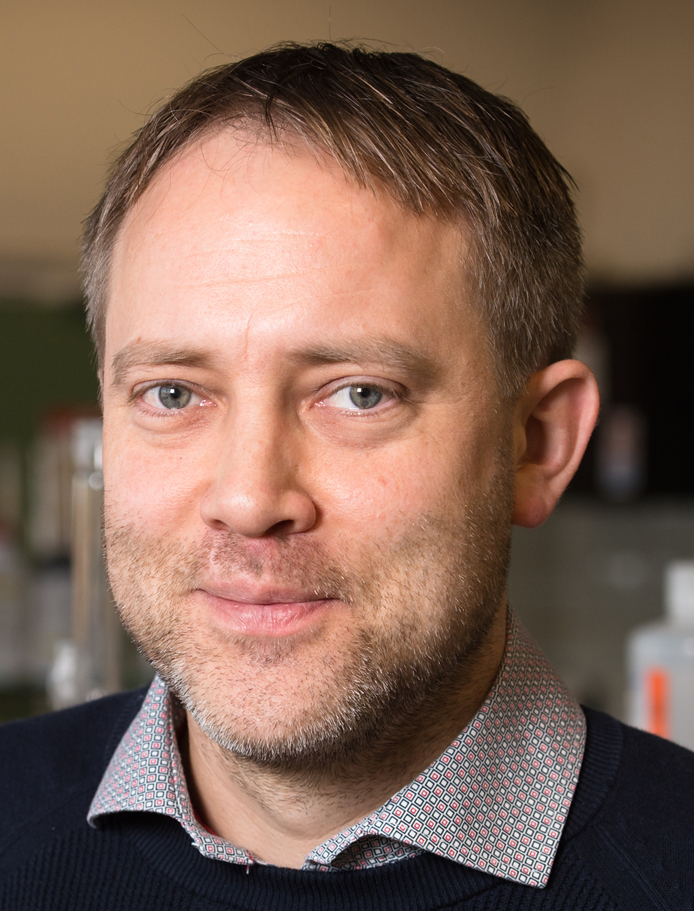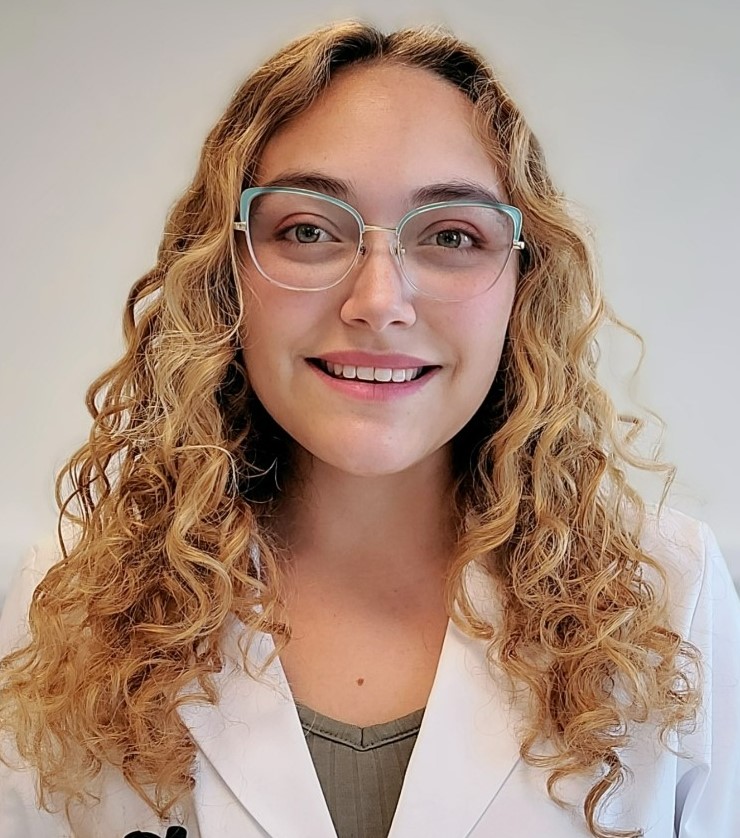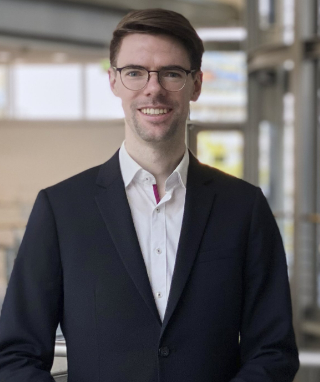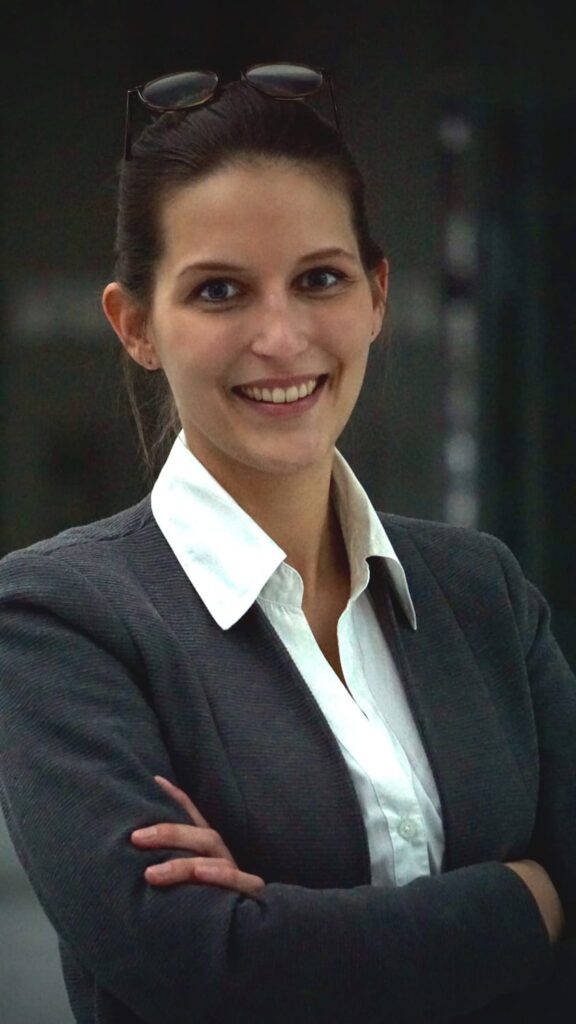CIRCU-CITY 2024 is organised by a team of enthusiastic professors and collaborators. Get to know them!

Gijs Du Laing (Ghent University) – Coordinator
Appointed professor at the Laboratory of Analytical Chemistry and Applied Ecochemistry of Ghent University (Belgium) since 2009. He received his PhD in Applied Biological Sciences at Ghent University in 2007. His research focuses mainly on factors affecting trace element speciation, mobility and bioavailability in food, feed, the environment, green chemistry and environmental technology. This includes the development of technologies for removal of trace elements from solid and liquid wastes towards recovery of valuable metals and mineral raw materials and water reuse. He currently coordinates an international joint MSc programme on Sustainable and Innovative Natural Resource Management (SINReM), funded by EIT Raw Materials and Erasmus+, and an international joint doctorate programme on resource recovery from wastewater (SuperW), funded by the European Marie Curie programme (EJD-ITN). He previously also founded the international Erasmus Mundus Joint Master programme on Environmental Technology and Engineering (IMETE). Prof. Gijs Du Laing is one of the founders of the WETPOL conference series, and CAPTURE, a new research centre and business accelerator in Ghent focused on circular economy and resource recovery technologies.

Elise Meerburg (Ghent University) – Practical coordination
Elise Meerburg is the Training Coordinator of CAPTURE. In this role, she supports a set of projects together with Prof. Gijs Du Laing, such as the Circular Societies major for SINReM, the Industrial Symbiosis Hub, and of course the Circular City school. She also steers the Video Studio where knowledge clips, MOOCs and podcasts are produced as part of the knowledge dissemination vision of CAPTURE.
Elise has 10 years of work experience as international relations officer for two Erasmus Mundus programmes at Ghent University: IMFSE and IMBRSea.

Daniela Cuadra (Ghent University) – Practical coordination
Daniela has a degree in Chemistry from Universidad del Valle de Guatemala. She has done extensive research at international level on biotechnology and nanotechnology for the recovery of metals from wastewater. She obtained her Master’s degree in Sustainable and Innovative Natural Resource Management from Ghent University. After spending some time working for the industry in R&D in electrochemistry, she now works as an Academic Assistant and Ph.D. candidate with Prof. Gijs Du Laing in the Department of Green Chemistry and Technology at the Faculty of Bioscience Engineering. Her line of research focuses on innovative techniques for the recovery of valuable trace elements from waste streams. She has experience in international environments as she has lived, studied and worked in Spain, Sweden, Germany and Belgium. She supports coordination to ensure a smooth experience for everyone during CIRCU-CITY.

Juan José Galán Vivas (UPV) – Lecturer
Associate Professor at the Department of Spatial and Urban Planning of the Technical University of Valencia. His teaching and research focus on landscape planning, landscape design, sustainable development, spatial and urban planning, green-blue infrastructures, and regional and urban metabolism. Juanjo works on the intersections between social and ecological systems from a sustainability perspective. He coordinated the Sierra Calderona Strategic Plan (2013-2014) and the AELCLIC project for the Adaptation of European Landscapes to Climate Change (CLIMATE-KIC 2018-2020). Between 2015 and 2020 Juanjo Galan was an Associate Professor at Aalto University and since 2017 he was the promoter and first Chair of the Landscape Observatory of Finland.

Julia Deltoro Soto (UPV) – Lecturer
Assistant Professor at the Department of Spatial and Urban Planning of the Technical University of Valencia (UPV) Spain since 2021, now teaching at the Undergraduate and Master’s levels. She has been a Lecturer at the UPV since 2017, obtained her PhD from the UPV in 2015 and is an architect by the ETSA of the UPV since 2005. Has national and international professional experience in the field of architecture and urbanism. Her research has focused on topics related to urban design and planning, urban history and morphology, she did a research stay at the Bartlett School of Planning of the University College of London.
Tim-Benjamin Lembcke (University of Göttingen) – Lecturer
Tim-Benjamin Lembcke has a PhD in Information Systems from the University of Goettingen. He is a research associate at the Georg-August-University of Goettingen, Germany, and Head of the Smart Mobility Research Group (SMRG). His research interest lies in the areas of (digital) nudging, smart mobility and design thinking education; therein focusing on human behaviors in the context of information systems. His research has been published or is forthcoming in international information systems conference proceedings.


Anna Katharina Mengel (University of Göttingen)
Anna Katharina Mengel is a research associate and PhD student at Georg-August-University Göttingen, Germany, and works in the Smart Mobility Research Group (SMRG) headed by Prof. Dr. Lutz M. Kolbe and Dr. Tim-Benjamin Lembcke. Her research interests are in the area of smart cities/connected mobility. She brings experience from business and economic studies (Economics, Marketing and E-Business in Spain and Germany) and practice (ten years of part-time experience in copywriting, communication, marketing and sales). As former coordinator of the Study Buddy Program at the Faculty of Economics and Business Administration, she has already gained first experiences in international cooperation projects.
Steven Kenway (Queensland University)
Professor with over twenty four years of research, industry, and consulting experience through roles with the Urban Water Security Research Alliance, CSIRO, Brisbane Water (now QUU), Sydney Water and private consulting. His expertise focusses on the urban water cycle, and related energy and greenhouse gas emissions and costs, integrated water and energy planning, systems analysis and urban water security. It also includes environmental, triple bottom line, sustainability and metabolic analysis, management and reporting. Dr. Kenway’s research field includes “Urban Metabolism and the Water-Energy Nexus”. Particularly focused on developing tools for quantifying water-energy linkages (cause-effect) in households, industry, water utilities and cities. He has also developed urban metabolism theory to show its powerful use for the management of water including water security and planning. His work at Brisbane Water led to major changes in environmental and asset management, load-based licensing, risk management, public sustainability reporting and biosolids management and environmental and integrated management system.
